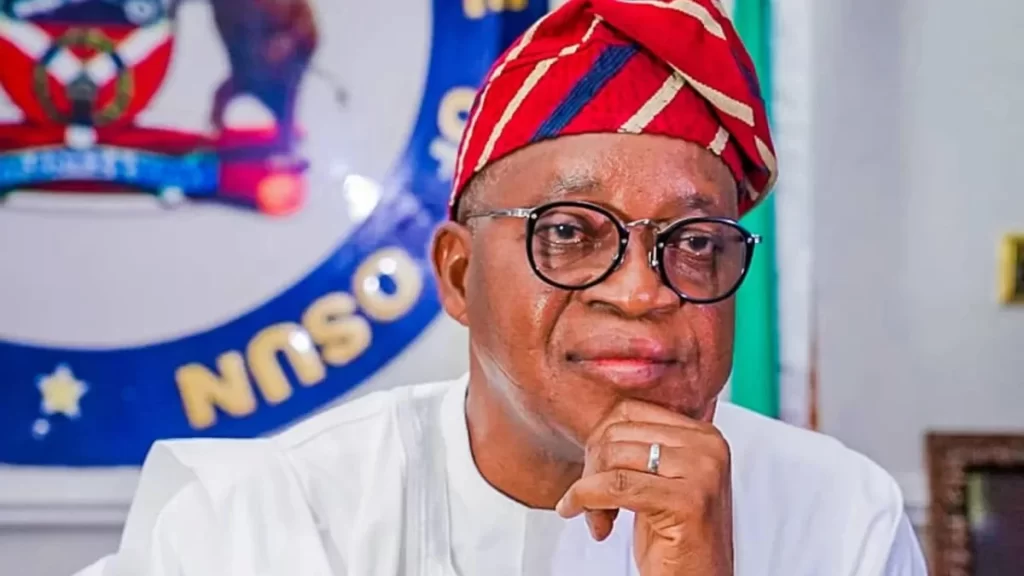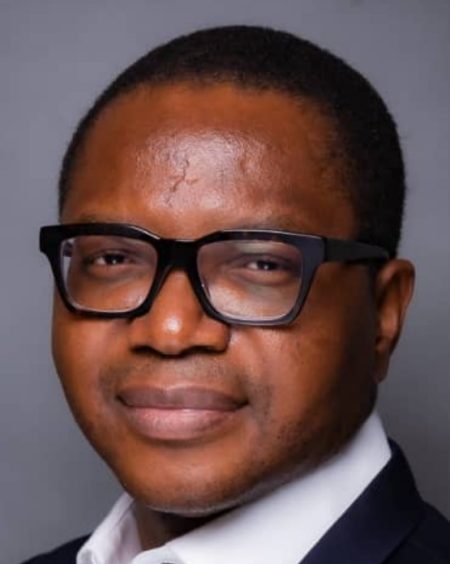
Mkpoikana Udoma
Port Harcourt — The Minister of Marine and Blue Economy, Adegboyega Oyetola, has emphasized the importance of the draft National Policy on Marine and Blue Economy in shaping Nigeria’s sustainable development, calling on agencies to align their 2025 budget proposals with the policy’s objectives.
In a session with the ministry’s agencies to review their budget proposals, Oyetola stated that the national policy provides a strategic framework to maximize the potential of Nigeria’s marine resources.
According to the Minister, the policy was not just a document, but a roadmap that will guide collective efforts towards the sustainable management of marine resources, climate adaptation, technological innovation and enhanced governance in the sector.
“This policy embodies our commitment to international best practices and sustainable development goals, particularly SDG 14, which focuses on the sustainable use of oceans, seas, and marine resources,” he said.
The Minister pointed out that the marine and blue economy sector holds unparalleled potential for national development as it provides sustainable platform for economic growth, job creation and environmental stewardship, which aligns with the key priority areas of President Bola Tinubu’s Renewed Hope Agenda.
Oyetola stated that resources should be channelled towards strengthening maritime domain through investments in surveillance systems, operations and enforcement of maritime laws.
He highlighted the need to enhance capacity in aquaculture, fishing ports and curbing illegal and unregulated fishing activities in the sector.
Other priority areas such as promoting oceanographic research, stock assessment, renewable marine energy and climate resilience technologies; he said should equally be on the front burner of the agencies.
Oyetola expressed optimism that the budget proposals will further consolidate the plan of the Ministry to develop Nigeria’s marine and blue economy potentials.
While urging the agencies to demonstrate transparency, fiscal prudence, and strategic prioritization, the Minister, said: “Our fiscal strategy must reflect the ambitions outlined in our policy framework. We are tasked with ensuring that every naira allocated delivers a measurable impact.”
The Heads of Agencies present include Nigeria Ports Authority, NIMASA, National Inland Waterways, Nigerian Shippers’ Council, Maritime Academy of Nigeria, Council for the Regulation of Freight Forwarding in Nigeria, Nigeria Institute for Oceanography and Marine Research, National Institute for Freshwater Fisheries Research, Federal College of Freshwater Fisheries Technology and the Federal College of Fisheries and Marine Technology.



